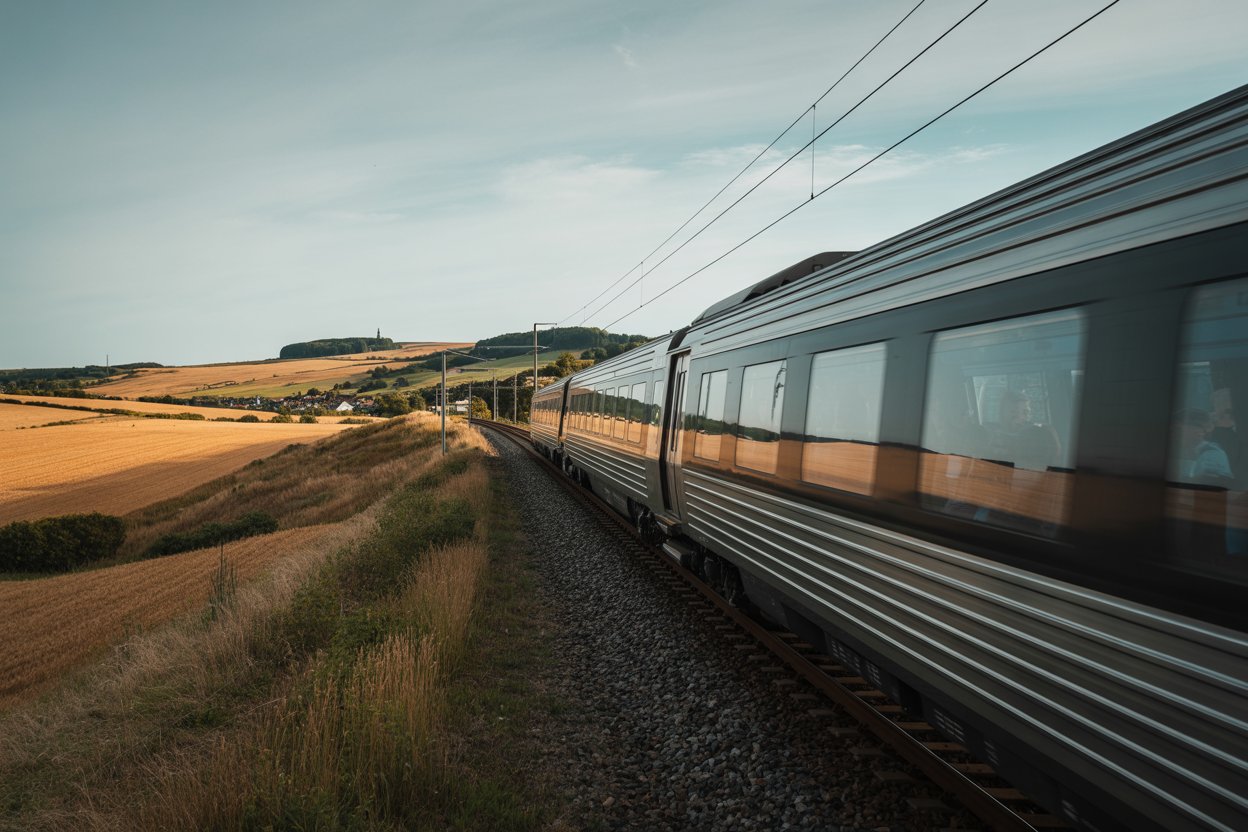Published on
September 24, 2025
Denmark ends GoCollective contract due to high delays and cancellations, with DSB set to take over operations. Electrification plans also announced. Denmark’s Transport Minister, Thomas Danielsen, announced on September 22 that the contract of GoCollective, the country’s largest private rail operator, has been terminated due to its failure to address significant delays and cancellations. GoCollective, which operates passenger services in Jutland and Funen, has faced unacceptable service levels, with one line experiencing up to 80% cancellations. As a result, Danish State Railways (DSB) will take over the operations, though specific details regarding the transition, including the allocation of rolling stock, have yet to be confirmed.
GoCollective’s Challenges
GoCollective, owned by the German private equity firm Mutares, became the largest private public transport operator in Denmark after acquiring the Danish branch of Arriva from German Rail (DB) in May 2023. Despite holding a significant portion of the Danish rail network, GoCollective’s performance has been increasingly scrutinized. The company operates several key lines, including the Esbjerg-Niebüll, Aarhus-Struer, and Odense-Svendborg routes, covering 665 km and serving 117 stations, transporting approximately 10 million passengers annually. The company’s fleet includes 59 diesel multiple units (DMUs), made up of Alstom Coradia Lint 41 and Siemens Desiro trains.
Despite these assets, GoCollective struggled to maintain reliable services, leading to political and public pressure. In June 2024, Minister Danielsen issued a directive for the company to reduce cancellations, but GoCollective failed to meet expectations by the end of last year, leading to the contract termination.
Ministerial Decision and Transition Plan
Minister Danielsen confirmed that DSB, the national railway operator, would assume responsibility for GoCollective’s services. While details on the transition process remain unclear, the government has emphasized that efforts will be made to ensure a smooth handover, with minimal disruption to services. However, the transition will likely incur substantial costs, particularly if the government needs to purchase GoCollective’s rolling stock.
In response, GoCollective expressed disappointment but stated its intention to comply with the decision. The company acknowledged the political signal and mentioned ongoing discussions with the Ministry of Transport about the challenges it faced in delivering satisfactory service. GoCollective CEO Marianne Bøttger reiterated that while the situation was difficult, they would work through the process of transferring operations to DSB.
Electrification Plans for Struer-Vejle Line
Alongside the contract termination, Minister Danielsen unveiled plans to electrify the Struer-Vejle line, a 100km single-track route. This decision came despite concerns from political parties involved in Denmark’s broader electrification and ERTMS initiatives, who argued that the cost of electrifying the line might not be justified by the relatively low passenger numbers.
Nonetheless, the government decided to allocate DKr 3bn ($474 million) for the electrification project, prioritising the preservation of direct services from this part of Jutland to Copenhagen. The project will involve the introduction of new fleet services, including DSB’s IC5 EMUs, which will be supplied by Alstom, with the first units already delivered.
Impact and Future Outlook
The termination of GoCollective’s contract marks a significant shift in Denmark’s rail sector, highlighting the importance of reliable services in public transport. While the transition to DSB may take some time, it represents a move towards improved performance and more dependable rail operations for the Danish public. The government’s commitment to infrastructure, such as the electrification of the Struer-Vejle line, underscores its determination to modernise Denmark’s rail network and improve service quality.
